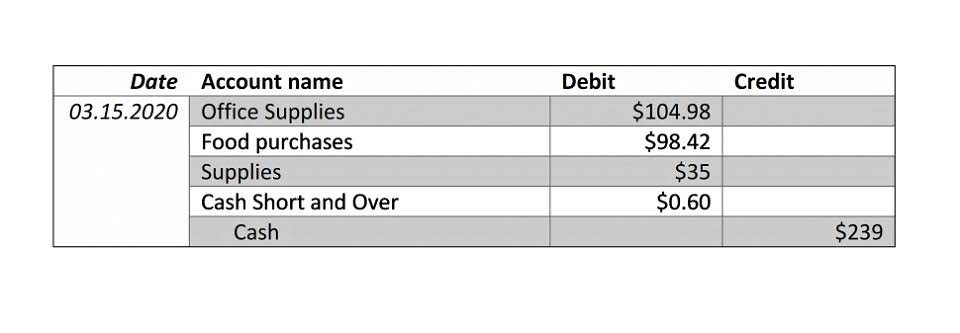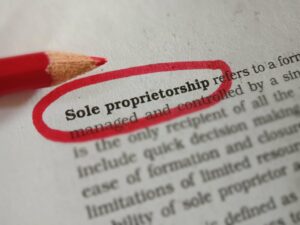Complete Guide to Real Estate Accounting

Whether you’re an agent, investor, or landlord, mastering real estate accounting empowers you to navigate the complexities of the industry with confidence. A well-structured accounting system is essential for achieving long-term success, from tracking income and expenses to ensuring tax compliance. Real estate accounting refers to the systematic financial management of a real estate business, including tracking income, expenses, taxes, and other crucial data. Overall, real estate accounting is an important aspect of operating a successful business in the real estate industry.

Utilize Accurate Reporting Procedures
- From purpose-built software to simple spreadsheet programs, the right tools can save you time and reduce errors.
- If you flip the house for $350,000, then you can track your profits using the expense accounts in your double-entry recordings.
- As portfolios grow and tax laws evolve, maintaining accurate records and understanding financial implications becomes increasingly critical for long-term success in real estate investment.
- Another common mistake is neglecting to track and document all deductible expenses, which can lead to missed opportunities for tax savings.
- This means diligently tracking every transaction and assigning it to the correct category, whether it’s marketing costs, property maintenance, or professional fees.
- In this short article, we explored the key aspects of real estate accounting.
Your real estate business might have to pay taxes on tools, equipment, and vehicles that it owns, or perhaps even on any furniture you’ve placed in rental homes. Hiring professionals like certified CPAs or accountants is certainly a good practice, especially when Cash Flow Management for Small Businesses you are not completely aware of the accounting process. This would not only ensure an accurate recording and reporting but also take away a lot of your burden. This way, you could lay more emphasis on your core business activities rather than be worried about accounting.
Real Estate Accounting Fundamentals
- Adopting best practices in real estate accounting helps streamline financial management and ensures long-term success.
- Whether the purchase is cash-based or financed through a loan, it’s crucial to record these details correctly to ensure accurate financial reports.
- We strongly suggest taking some time to explore different options by using free trials and reading reviews from other agents.
- This allows you to defer paying capital gains taxes on the sale of a property by reinvesting the proceeds into another similar property.
- Remember, whether you’re just starting out or managing a portfolio of properties, proper accounting practices are key to long-term success.
Being a real estate firm owner, you probably have staff members to help you out with the various business and sales processes. Now, when it comes to managing the staff, there are various components that come into the picture. Their remunerations or the salaries, the number of hours they put in the office, their payroll, commissions must be managed effectively.
- This ratio compares the amount of debt you’re using to finance your assets to the amount of equity you have invested.
- Storing real estate receipts, invoices, and documents digitally may allow you to find paperwork in minutes rather than hours.
- Assets—like a building—wear down over time, which may cause a natural loss in value.
- These forecasts can help you understand whether the coming months will be ideal for making major investment purchases or if you’ll need to seek temporary funding sources to cover upcoming costs.
- Additionally, setting up automated reminders can be a useful tool to help ensure that your books are kept up-to-date at all times.
A Complete Guide to Real Estate Accounting
It’s crucial to track these expenses separately from personal expenses, especially if you’re working from home, to maintain accurate records for tax purposes and business planning. That’s exactly why understanding real estate accounting isn’t just a nice-to-have skill; it’s essential for your business growth and compliance. Remember, whether you’re just starting out or managing accounting for real estate transactions a portfolio of properties, proper accounting practices are key to long-term success. Below are some best practices and common mistakes to avoid when it comes to real estate accounting.
![]()
Sign up to streamline your real estate accounting.

It’s important to record these correctly, as they have implications for your income statement and tax liabilities. Addressing these data management challenges requires investment in advanced technology, data governance frameworks, and staff training to ensure data accuracy, integrity, and accessibility. Failure to comply with regulatory requirements can result in legal consequences, financial penalties, and reputational damage for real estate firms. Likewise, assumed mortgages featuring above-market coupons represent an assumed liability to the buyer. Beyond the value of the lease contracts in place, there are also potential assets or liabilities in the presence of lease contracts that deviate from the market. petty cash From the acquirer’s perspective, above-market leases are considered an asset in that income is attributable to the contract beyond what would be available in the market.
- By taking full advantage of tax deductions, you can improve your cash flow and reinvest in your business more effectively.
- Being a real estate firm owner, you probably have staff members to help you out with the various business and sales processes.
- This card will separate your business expenses from your personal charges, while keeping your monthly costs all in one place.
- Utilizing specialized real estate accounting software can streamline the process and reduce errors in managing financial records, income statements, and balance sheets.
- They’re familiar with the ever-changing tax laws specific to real estate and can help you stay compliant, minimizing your risk of audits or penalties.

